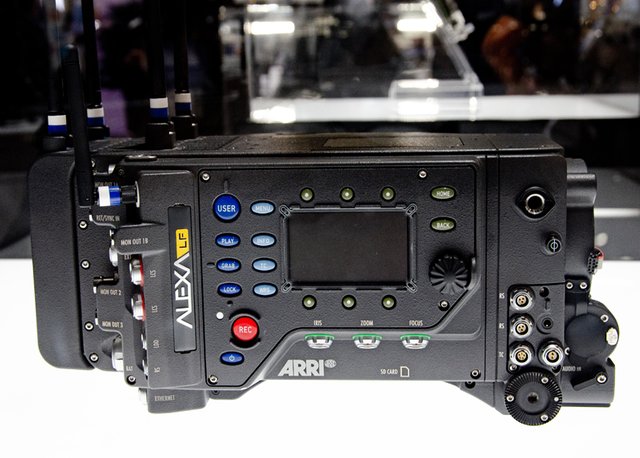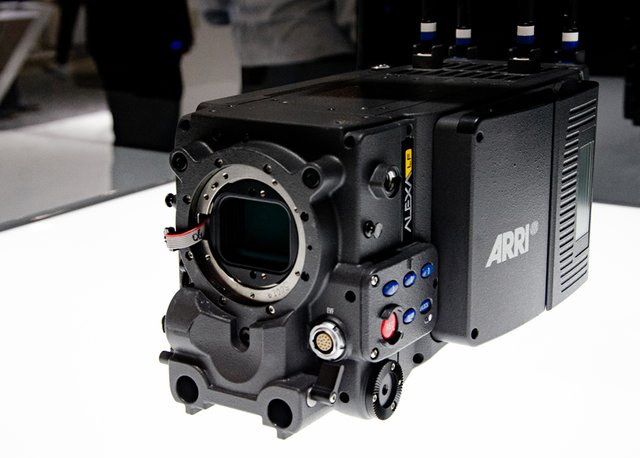
The Arri Alexa LF is perhaps one of the best cinematic cameras in the market. It has been used by filmmakers because of its amazing image quality and detail. A great advantage about the Alexa LF is that it has the biggest full-frame camera sensor as of this writing. Another reason filmmakers choose Alexa LF is because of the truly immersive way it shoots images. The visualization creates moods that get intimate with the characters, drawing the viewer into the frame. What directors want with this is to pull the viewers into the scene and give them a truly inspiring visual experience. The Alexa LF cameras accomplish this with their different sensor modes. The sensors are custom CMOS with large photosites for high dynamic range. This captures more light, thus lower noise in the image.
I am going to discuss the three types of sensor modes found on the Alexa LF.
#1. LF Open Gate
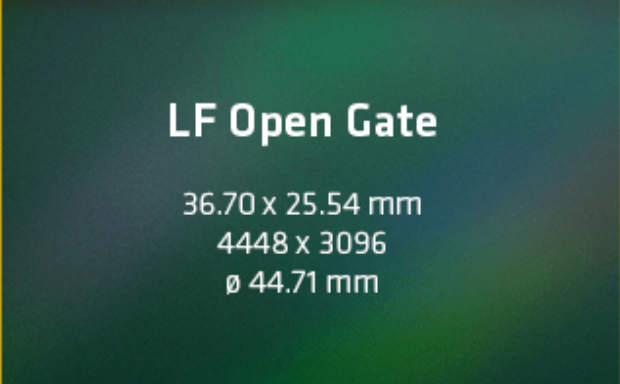
This is the sensor used for feature films in 2.39:1 or 1.85:1. The extra resolution provides the best result when up-sampling to a 4K Cine format. 16:9 and 4:3 are also options for Open Gate, so it is a more flexible sensor that supports various aspect ratios. This is also the full frame sensor of the Alexa LF.
36.70 x 25.54 mm
4448 x 3096 pixels
ARRIRAW 90 fps
ProRes 422 60 fps
ProRes 422 HQ 60 fps
ProRes 4444 60 fps
ProRes 4444 XQ 40 fps
#2. LF 16:9
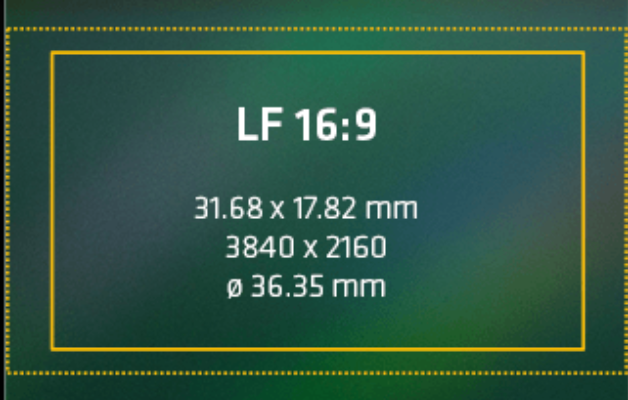
This mode maximizes lens options while meeting 4K deliverables. This is required when shooting TV shows or commercials that need an HD or a 4K UHD deliverable. 2160p is becoming much more common in the home, so more new content is being shot in 4K. It can be scaled down further to 1080p and it would still look amazing. Down-sampling does reduce resolution, but it preserves quality.
31.68 x 17.82 mm
3840 x 2160 pixels
ARRIRAW 90 fps
ProRes 422 60 fps
ProRes 422 HQ 60 fps
ProRes 4444 60 fps
ProRes 4444 XQ 60 fps
#3. LF 2.39:1
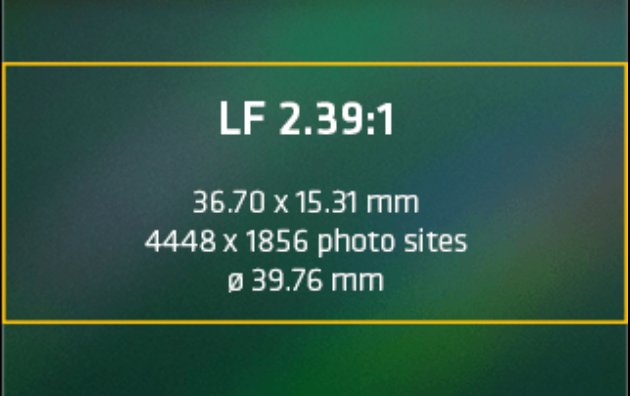
This mode combines a cinematic widescreen image with high frame rates up to 150 fps for slow motion. There are some questions as why to crop to 2.39:1 and the reason is the field of view is close to what the human eye sees. This is the equivalent of the 21:9 cinematic ratio. Compared to LF Open Gate you have the same pixels on the horizontal, but lose some on the vertical. The loss in pixels does not diminish the visual appeal however, and that is the main point of cropping.
36.70 x 15.31 mm
4448 x 1856 pixels
ARRIRAW 150 fps
ProRes 422 100 fps
ProRes 422 HQ 100 fps
ProRes 4444 100 fps
ProRes 4444 XQ 60 fps
All sensor modes offer true 800 ASA sensitivity as well as reduced noise, providing the perfect canvas for modern, subtle lighting techniques. In applying different aspect ratios, the scenes can be created in different ways that the director intends. The cinematic feel is just one aspect of filmmaking that can be captured by the sensors, which makes camera selection with the right sensors the first thing to consider when deciding what camera to use. The rest depends on post production techniques, but once again the images shot on camera must be done right because there is really no going back to a scene unless you reshoot it. That takes more time and money, so deciding on how to shoot the scene always begins with the right camera, lens and sensor.
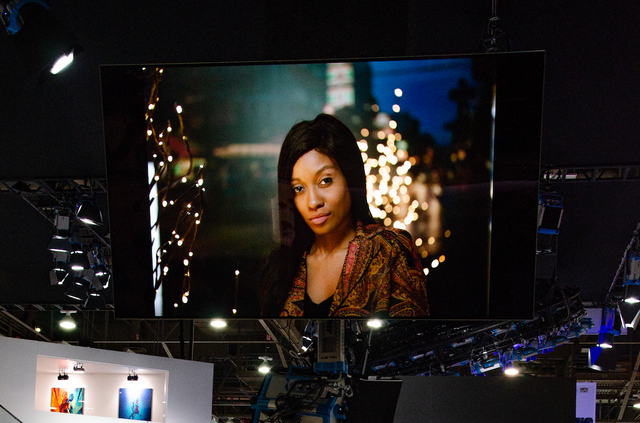
NOTE: Images taken from the Arri booth at NABSHOW 2018 (Las Vegas)
